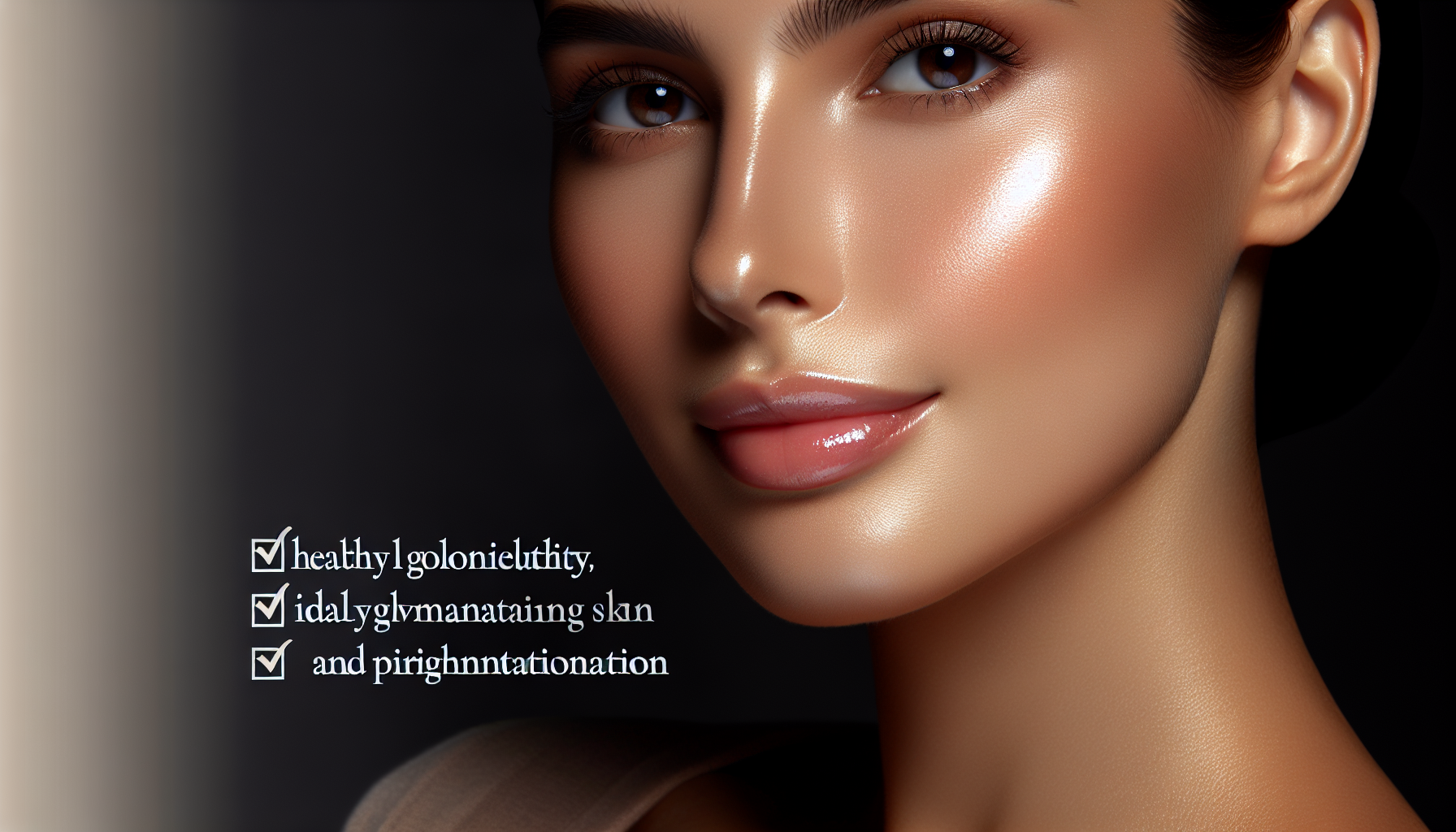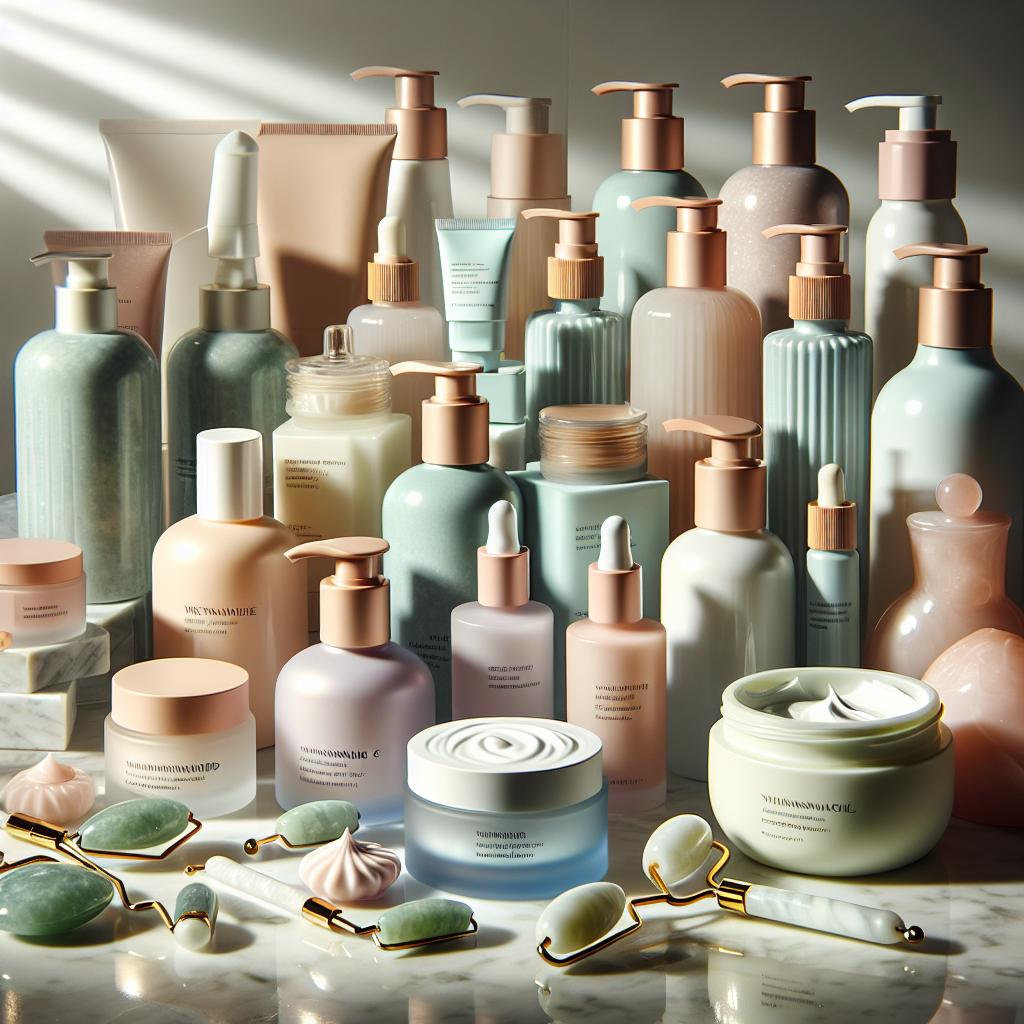Hyperpigmentation is a common skin condition where certain areas of the skin become darker than the surrounding areas. This can result from a variety of factors, including sun exposure, inflammation, hormonal changes, and certain medications. While it’s a harmless condition, many people seek ways to prevent and reduce the appearance of hyperpigmentation for cosmetic reasons. In this comprehensive guide, we’ll explore effective strategies to prevent and fade hyperpigmentation, ensuring your skin remains even-toned and radiant.
Understanding Hyperpigmentation
Before diving into the methods of prevention and treatment, it’s important to understand what causes hyperpigmentation. Melanin is the pigment responsible for skin color, and hyperpigmentation occurs when an excess of melanin forms deposits in the skin. This can be triggered by:
- Sun Exposure: UV rays can increase melanin production, leading to sunspots or age spots.
- Inflammation: Post-inflammatory hyperpigmentation (PIH) can occur after an injury or inflammation of the skin, such as acne.
- Hormonal Influences: Conditions like melasma are influenced by hormonal changes and often occur during pregnancy.
- Genetics: Some people are more prone to hyperpigmentation due to their genetic makeup.
Preventative Measures
Preventing hyperpigmentation is often easier than treating it. Here are several effective strategies:
Sun Protection
The sun is a major culprit in causing hyperpigmentation. Protect your skin by using a broad-spectrum sunscreen with an SPF of 30 or higher every day, even when it’s cloudy. Reapply every two hours when you are outdoors, and consider wearing protective clothing, such as hats and long sleeves.
Learn more about protecting your skin from the sun.
Skincare Products
Choose skincare products that are formulated to prevent hyperpigmentation. Look for ingredients like:
- Niacinamide: Known for its ability to brighten the skin and even out skin tone.
- Vitamin C: An antioxidant that helps prevent melanin production.
- Retinoids: Promote cell turnover and can fade dark spots.
Healthy Lifestyle
A healthy diet and lifestyle can go a long way in maintaining skin health. Foods rich in antioxidants can protect your skin from damage that may lead to hyperpigmentation.
Regular Dermatologist Visits
Regular check-ups with a dermatologist can help you maintain skin health and prevent hyperpigmentation. They can provide personalized advice and professional treatments when necessary.
Understand the importance of regular dermatologist visits.
Treatment Options for Hyperpigmentation
Topical Treatments
Several over-the-counter and prescription topical treatments can help fade hyperpigmentation:
- Hydroquinone: A skin-lightening agent that reduces melanin production.
- Azelaic Acid: Effective for treating acne and hyperpigmentation.
- Kojic Acid: A natural ingredient that inhibits melanin production.
For the best advice on which topical treatments to use, consult with a dermatologist.
Professional Procedures
Professional skin treatments can provide quicker results for fading hyperpigmentation. These include:
- Chemical Peels: Remove the top layer of the skin, reducing the appearance of dark spots.
- Laser Therapy: Targets melanin and breaks up the pigment, leading to a clearer complexion.
- Microneedling: Promotes collagen production and can help in treating PIH.
Home Remedies
Some natural remedies can help lighten hyperpigmented areas, though they may be less effective than medical treatments:
- Aloe Vera: Contains aloin, a natural depigmenting compound.
- Green Tea Extract: Green tea has depigmenting effects when applied to the skin.
- Licorice Extract: Glabridin in licorice extract inhibits pigmentation.
Discover more on using antioxidants to prevent skin damage.
Additional Considerations
While addressing hyperpigmentation, it’s also vital to consider underlying health issues. Hormonal imbalances and certain medications can contribute to changes in skin pigmentation. Be sure to discuss these factors with your healthcare provider.
External Resources for Further Information
For those looking to delve deeper into the science of hyperpigmentation and its treatments, the following resources can be invaluable:
- The American Academy of Dermatology offers a comprehensive overview of hyperpigmentation, including types, causes, and care tips.
- The Skin Cancer Foundation provides insights on how to spot and protect against skin cancer, which is crucial since changes in pigmentation can sometimes signal skin health issues.
- A scholarly article on the efficacy of various hyperpigmentation treatments can offer a more technical perspective on managing this condition.
Final Thoughts
Hyperpigmentation, while typically benign, can be a distressing condition for many. By understanding its causes and applying preventative strategies, you can protect your skin from unwanted pigmentation changes. If hyperpigmentation is already present, a combination of home care and professional treatments can help fade these spots over time. Remember, each skin is unique, so it’s important to tailor your approach to your individual needs and consult with a dermatologist for personalized advice.
Incorporating sun protection, using the right skincare products, maintaining a healthy lifestyle, and seeking professional advice are all essential steps in managing hyperpigmentation. With persistence and care, you can achieve the clear and even-toned complexion you desire.



